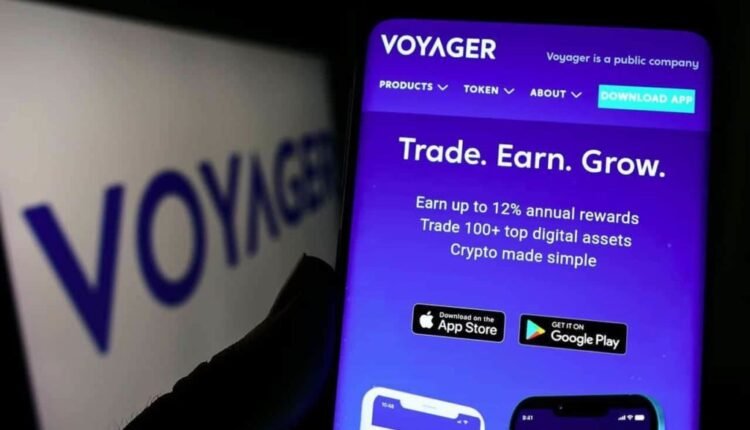The crypto lending platform Voyager Digital facing objections from its creditors, for its plan to give bonus salaries to the employees.
Voyager Digital was a digital asset trade service provider platform. This platform was providing loans and staking services to the customers in the form of rewards for holding certain crypto assets in the account. The collapse of the Terra (Luna) project resulted in the collapse of many other weak crypto projects, including crypto platform Voyager Digital. On 1 July, Voyager stopped funds withdrawal and on 5 July filed for bankruptcy “under the Chapter 11 bankruptcy”.
On 2 August, Voyager Digital filed a motion to get legal approval to release bonuses for the employees, which will cost around $1.9 million.
Now at the latest, the creditors of Voyager Digital are showing their objection against this decision of the Voyager Digital company.
Creditors argued in their filing that Voyager didn’t provided sufficient details to prove that the company is on the verge of losing its employees and also that the company didn’t provide enough reasons to justify the retention awards.
According to available details in the motion filed by Voyager Digital, the company cannot replace these employees because these employees have huge knowledge about crypto & institutional knowledge, so it is hard to replace these employees.
“exceptionally hard to replace in the marketplace because of their invaluable institutional knowledge and understanding of the cryptocurrency industry,” the company said.
Earlier this last month, Voyager Digital asked through a motion to return around $270 million to the creditors, as a small portion of compensation for the customer’s loss. And also the court approved the motion of Voyager Digital.
Now it will be interesting to see whether the court will approve the motion of Voyager Digital, which was filed in court on 2 August, in favor of company employees.
Read also: Tornado Cash ban is basically dangerous precedent, says Hoskinson


